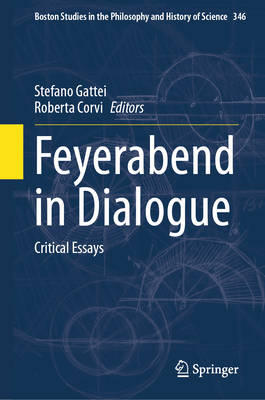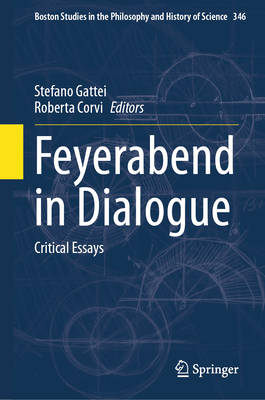
- Retrait gratuit dans votre magasin Club
- 7.000.000 titres dans notre catalogue
- Payer en toute sécurité
- Toujours un magasin près de chez vous
- Retrait gratuit dans votre magasin Club
- 7.000.0000 titres dans notre catalogue
- Payer en toute sécurité
- Toujours un magasin près de chez vous
Feyerabend in Dialogue
Critical Essays
Description
This book offers innovative historical scholarship on Feyerabend's take on topics such as realism, empiricism, pluralism, materialism, and incommensurability. In addition to discussing certain debates in the philosophy of physics, it also considers the ways in which Feyerabend's thought can contribute to contemporary debates in science and public policy. It does so by including questions about the nature of scientific methodology, the role of science in society, the public understanding of science, scientism, and the role of expertise in public policy. The chapters provide readers with a comprehensive overview of the topics that Feyerabend engaged with throughout his career, showing both the breadth and the depth of his thought. Though of great value to academics in philosophy of science, it is also accessible and appealing to non-academic audiences with a general interest in science.
Spécifications
Parties prenantes
- Editeur:
Contenu
- Nombre de pages :
- 288
- Langue:
- Anglais
- Collection :
- Tome:
- n° 346
Caractéristiques
- EAN:
- 9783031719370
- Date de parution :
- 20-11-24
- Format:
- Livre relié
- Format numérique:
- Genaaid
- Dimensions :
- 156 mm x 234 mm
- Poids :
- 607 g

Les avis
Nous publions uniquement les avis qui respectent les conditions requises. Consultez nos conditions pour les avis.





